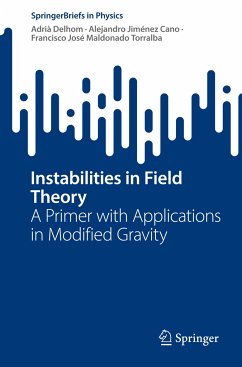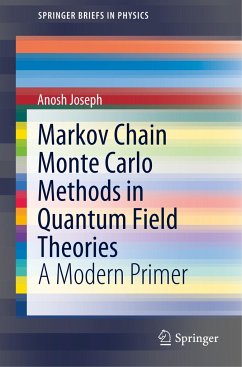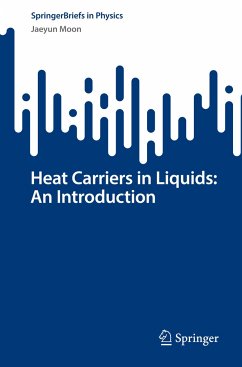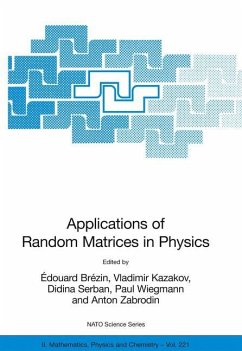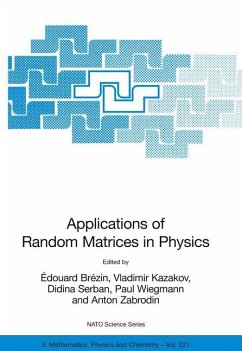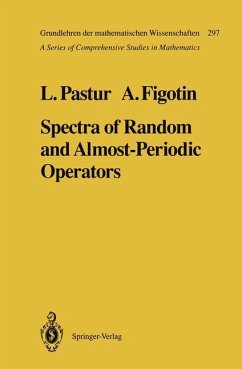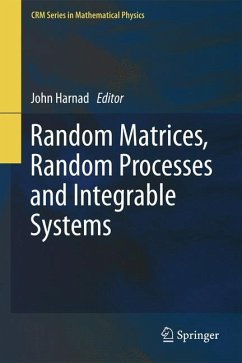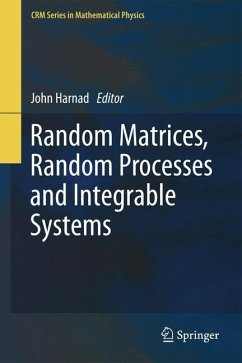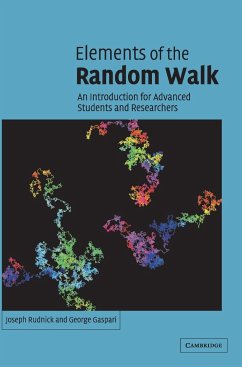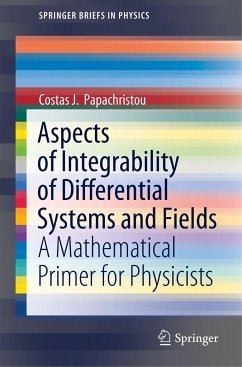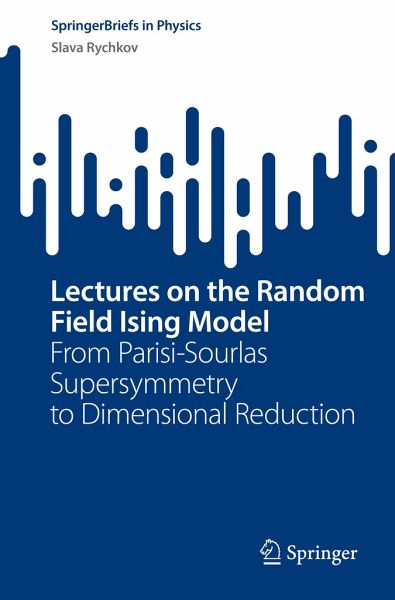
Lectures on the Random Field Ising Model
From Parisi-Sourlas Supersymmetry to Dimensional Reduction

PAYBACK Punkte
17 °P sammeln!
This book is about the Random Field Ising Model (RFIM) - a paradigmatic spin model featuring a frozen disordering field. The focus is on the second-order phase transition between the paramagnetic and ferromagnetic phases, and the associated critical exponents.The book starts by summarizing the current knowledge about the RFIM from experiments, numerical simulations and rigorous mathematical results. It then reviews the classic theoretical works from the 1970's which suggested a property of dimensional reduction - that the RFIM critical exponents should be the same as for the ordinary, non-diso...
This book is about the Random Field Ising Model (RFIM) - a paradigmatic spin model featuring a frozen disordering field. The focus is on the second-order phase transition between the paramagnetic and ferromagnetic phases, and the associated critical exponents.
The book starts by summarizing the current knowledge about the RFIM from experiments, numerical simulations and rigorous mathematical results. It then reviews the classic theoretical works from the 1970's which suggested a property of dimensional reduction - that the RFIM critical exponents should be the same as for the ordinary, non-disordered, Ising model of lower dimensionality, and related this an emergent Parisi-Sourlas supersymmetry. As is now known, these remarkable properties only hold when the spatial dimensionality of the model is larger than a critical dimension. The book presents a method to estimate the critical dimension, using standard tools such as the replica trick and perturbative renormalization group, whose result is in agreement with the numerical simulations. Some more elementary steps in the derivations are left as exercises for the readers.
This book is of interest to researchers, PhD students and advanced master students specializing in statistical field theory.
The book starts by summarizing the current knowledge about the RFIM from experiments, numerical simulations and rigorous mathematical results. It then reviews the classic theoretical works from the 1970's which suggested a property of dimensional reduction - that the RFIM critical exponents should be the same as for the ordinary, non-disordered, Ising model of lower dimensionality, and related this an emergent Parisi-Sourlas supersymmetry. As is now known, these remarkable properties only hold when the spatial dimensionality of the model is larger than a critical dimension. The book presents a method to estimate the critical dimension, using standard tools such as the replica trick and perturbative renormalization group, whose result is in agreement with the numerical simulations. Some more elementary steps in the derivations are left as exercises for the readers.
This book is of interest to researchers, PhD students and advanced master students specializing in statistical field theory.





